Sanjeev Gupta, Lex Greensill and the anatomy of a UK scandal
Sanjeev Gupta’s deal spree has left 5,000 jobs in jeopardy. We unpick the chicanery and chutzpah that powered the steel king’s empire.
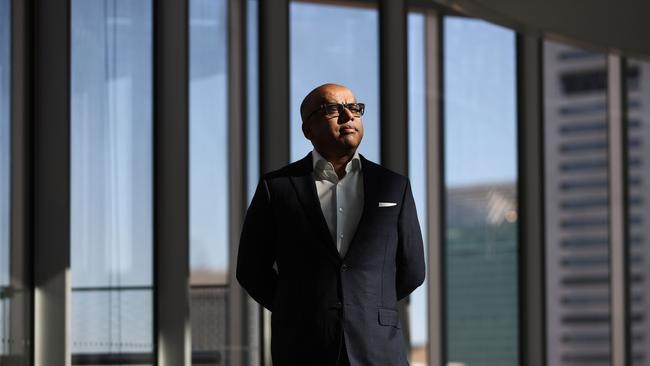
Sanjeev Gupta gave a fleeting glimpse into what motivates him in 2018. “When things are going well, for me, it just eggs me on to the next one,” he told the ABC for a film about his purchase of the Whyalla steelworks in South Australia. By “the next one”, he meant the next takeover of a tired steel or aluminium plant. “Enjoyment for me is finding the next thing to do, and the next challenge,” he added.
Between incongruous shots of rusting steelworks and Gupta relaxing on his private jet and yacht, a vision emerged of a man addicted to doing deals.
Gupta, 49, a commodities trader who started his business in his student halls at Cambridge, used aggressive financing to build one of the biggest and most complex industrial operations in recent times. In five years, he assembled an empire — stretching from Australia to the Scottish Highlands — with 35,000 staff and a turnover of $20 billion, fuelled with funds raised by the Australian financier Lex Greensill.
That is all now on the brink of collapse after Greensill’s backer Credit Suisse froze a $10 billion supply-chain finance fund. That tipped Greensill into insolvency, and left Gupta scrabbling to hold together his GFG Alliance, a loose group of firms trading under the Liberty, Simec, Alvance and InfraBuild brands.
Here we chart how he built his empire.
Gold in them bills
The key to Gupta’s meteoric growth was supply-chain financing provided by Greensill. Gupta realised that customers’ bills were a huge potential source of funds — to be mined by monetising the lag between when products are sold and bills paid. Supply-chain financing, once a relatively small part of the lending sector, has exploded in recent years to replace traditional bank debt.
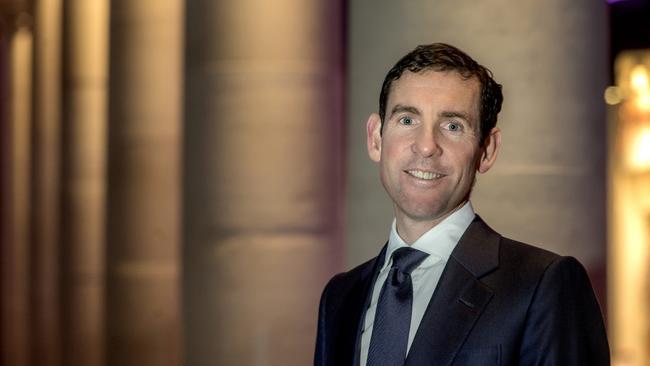
Customers of Gupta’s steel and aluminium business, such as Jaguar Land Rover, often pay in arrears — sometimes up to 120 days after they have bought its products. Greensill would shorten that gap by taking on the IOU or “receivable” from Gupta and handing him the cash upfront. Greensill would then recoup the cash when the customer paid the bill (with the payment flowing via Gupta) and take a fee for providing the cash in advance.
Greensill’s receivables financing for GFG Alliance was said to total $5 billion. With cash representing up to 120 days of customer payments swilling around, Gupta could use it for more deals.
Tomorrow never comes
Gupta and Greensill’s expertise was in dreaming up ever more exotic forms of supply-chain finance. They mastered a form of financing whereby “future receivables” could be turned into hard cash. For a mobile phone giant such as Vodafone, which has a predictable and steady stream of direct debit payments, this is a racy but not implausible source of raising cash in advance. But for a steel maker running factories that barely scrape a profit, it was highly aggressive.
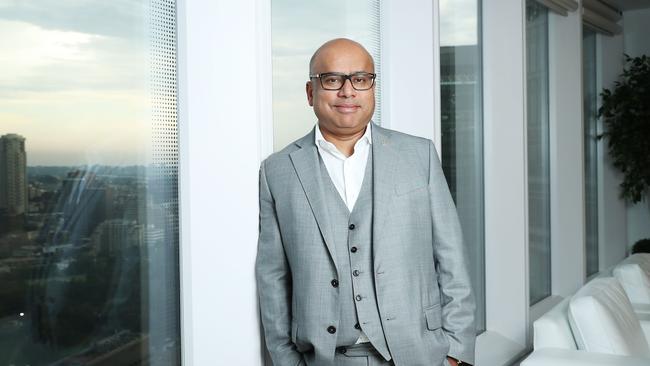
Gupta used Greensill to turn future receivables from seven European steelworks bought from ArcelorMittal into 2.2 billion euros of cash after paying 740 million euros for the factories. That meant Greensill was lending cash on predicted sales of steel three years ahead — steel that was still iron ore and coal in the ground.
The stretch
Gupta and Greensill took this future receivables financing to another level, using a practice that was known internally as “the stretch”. An internal document showed that Liberty would hold onto customers’ cash for an extra 28 days beyond when it had been paid, before passing it to Greensill. That meant Gupta had an extra month’s worth of customers’ cash on his balance sheet — again useful for doing deals. A source described it as “unsecured lending” by Greensill to Gupta. That may mean significant sums owed to Greensill are not covered by credit insurance, designed to protect against customers defaulting on bills — but not against Gupta hanging onto cash.
The piggy bank
Gupta bought a bank in 2016 from Tungsten, founded by entrepreneur Edi Truell, and renamed it Wyelands after his £3 million mansion in south Wales. He then used it to pump cash into his empire, both directly and indirectly, despite strict rules on lending to connected entities.
Wyelands was used to finance the purchase of a Dunkirk aluminium smelter, bought from Rio Tinto in December 2018 for $500 million. Internal company documents show two “non-GFG companies”, MMT Enterprises Ltd and a Singaporean company StarCom Grain PTE, bought thousands of tonnes of aluminium and aluminium oxide from the Dunkirk business for a total of $34.1 million. MMT bought 67,000 of tonnes of aluminium oxide and StarCom bought 9,000 tonnes. Both pledged that stock to Wyelands. The bank then lent them $18.4 million and $15.7 million respectively, taking security over the stock. MMT and StarCom then paid that money to Liberty. The Bank of England this month ordered Wyelands to return all retail deposits to savers.
A GFG presentation for UK Export Finance (UKEF) from 2017 revealed that Wyelands had lent $56 million to Gupta’s Liberty Commodities, and the bank had a £74 million “off-balance sheet arrangement” with his Liberty Industries group of businesses. UKEF has said it has no exposure to GFG.
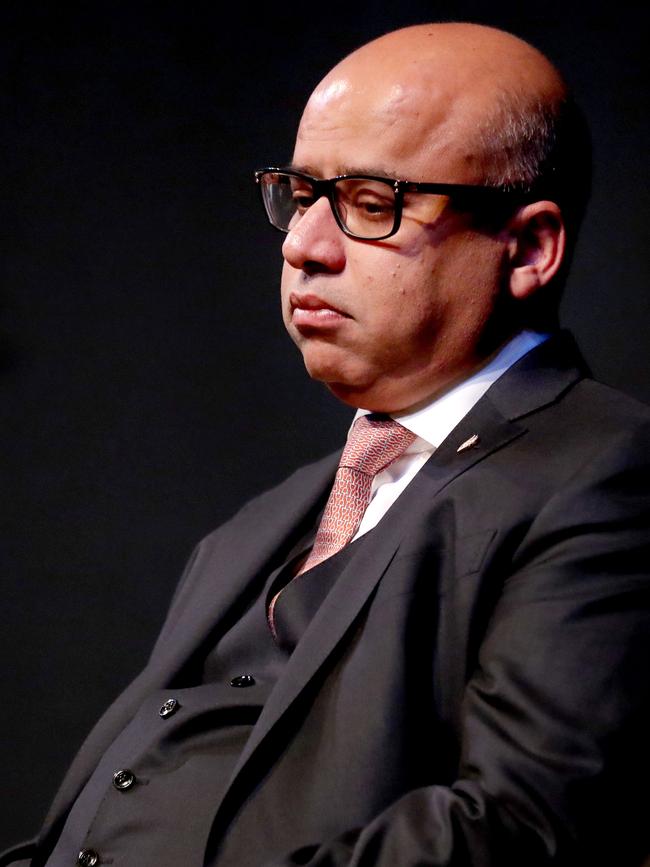
Friends of Sanjeev
Some of Gupta’s customers also appeared to be close associates of the steel tycoon and were known internally as “friends of Sanjeev”. Greensill lent Gupta significant sums of money against their IOUs. The Sunday Times revealed last year how, in December 2018, Greensill advanced Liberty a total of £13.5 million against invoices from three commodities trading companies that owed its Newport and South Yorkshire businesses pounds 15 million. The cash injection relating to each firm added up to an identical sum: £4.5 million each.
One of these, VS International UK, described itself as a steel trader and was founded in June 2015 by Vikrant Sharma, although it now says it is owned by a German businessman, Christian Marc-Olivier Favre. Sharma is president of Liberty’s American steel business. VS shares its auditor, King & King, with Liberty.
Another, Sterling Resources International, is run by Sunil Pasi and is also audited by King & King. According to his LinkedIn profile, Pasi was a regional manager at Liberty Commodities until 2014.
Liberty has said “these were individuals and entities who had done business with GFG in the past but who were making independent and informed investment decisions, using their own resources”.
Pasi did not return a request for comment but recently told the Financial Times that his business was independent from GFG.
State handouts
Gupta and Greensill recognised that governments, desperate to save jobs, would pay handsomely to keep tired industries going. As the “saviour of steel”, Gupta pledged to invest in those businesses while wrapping them up in his “Greensteel” label — promising to decarbonise them. He persuaded the Scottish government to give him a 25-year state guarantee tied to a hydroelectric power station and aluminium smelter near Fort William. That committed the Scottish government to buying the plant’s electricity if the smelter shut down. It was used by Gupta and Greensill to raise about £575 million of top-rated bonds in 2017.
The Scottish government also lent him £7 million to buy mills in Dalzell and Clydebridge, and the Welsh government handed him a £600,000 grant for his Tredegar mill near Newport.
Little red boxes
In late 2016, Gupta’s team began scouring the market for used diesel generators. His plan was to take advantage of subsidies for generating power from renewable sources, such as used cooking oil. An internal spreadsheet for Project LRB — named after the “little red boxes”, or shipping containers, that housed the generators £ calculated that running them about 80 per cent of the time until 2037 would generate more than pounds 500 million of cash — worth about £1 billion with inflation factored in. Greensill parcelled up and sold that stream of subsidies to the Swiss fund giant GAM. Gupta raised £600 million of bonds from GAM.
That plan went up in smoke, however, when Gupta was unable to fund a cost-effective fuel, forcing him to buy back the bonds from GAM.
Pandemic loans
Gupta saw government rescue loans and guarantees as a chance to secure more cash. Using Greensill’s supplier financing, he borrowed £400 million under the coronavirus large business interruption loan scheme (CLBILS), with the government guaranteeing 80 per cent. These eight state-backed loans of £50 million each went to Gupta’s GFG and companies run by friends of Sanjeev.
However, when the British Business Bank realised he had borrowed eight times the limit, it withdrew the guarantees, leaving bust Greensill on the hook for the loans.
The numbers game
While many of the businesses that Gupta bought were struggling and unprofitable, he has been adept at burnishing their finances using acquisition accounting.
Speciality Steel UK Ltd, the company behind mills in South Yorkshire bought from Tata in February 2017, released about £30 million of accrued income — costs it had expected to pay but no longer felt it needed to cover — in its March 2019 accounts. It also cut provisions for environmental liabilities by about £15 million.
Although legitimate, the total £45 million of released provisions dropped through to profits and made the business appear more attractive — helpful when borrowing money.
GFG said: “We have used a range of financing tools — including bonds, bank loans and asset-based financing — to fund the business. We have significantly improved the performance of our major businesses and are benefiting from strong steel, iron ore and aluminium markets, with the result that most of our assets are now operating at or near capacity.”



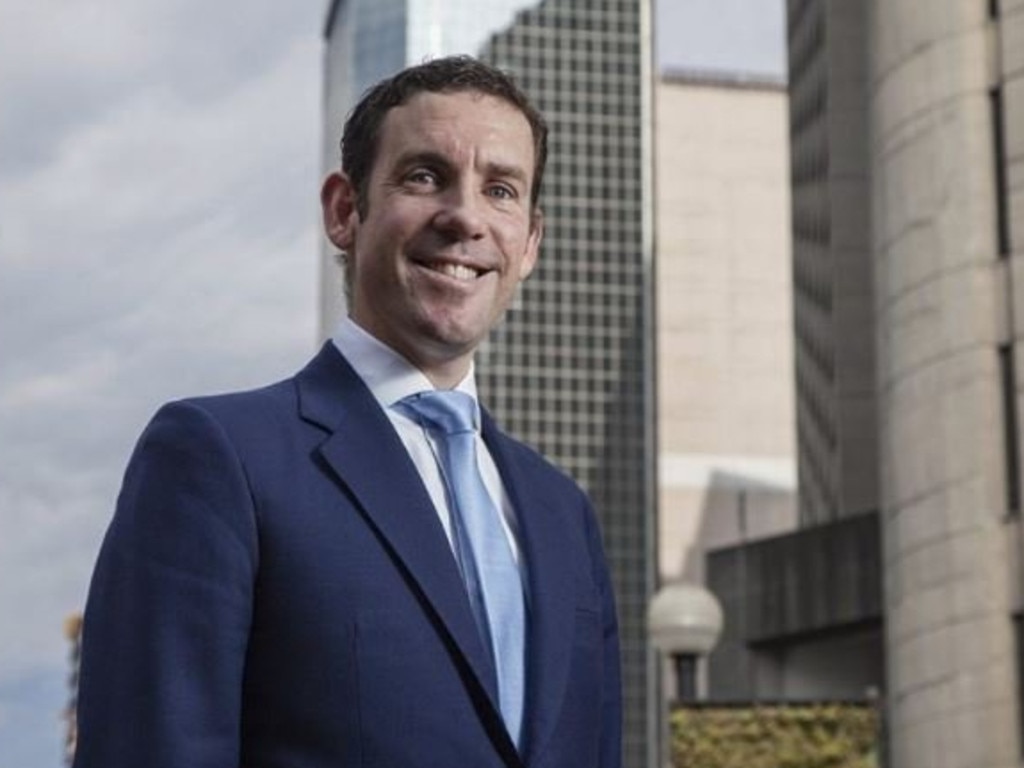


To join the conversation, please log in. Don't have an account? Register
Join the conversation, you are commenting as Logout